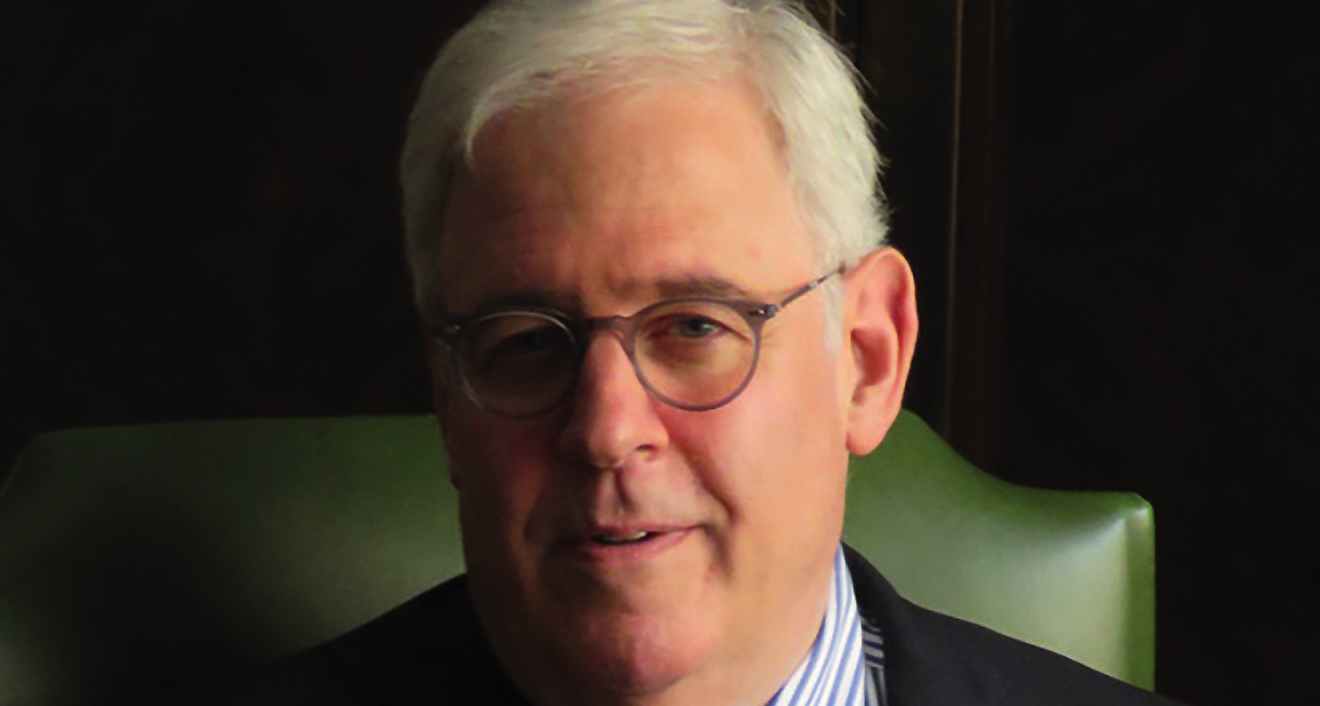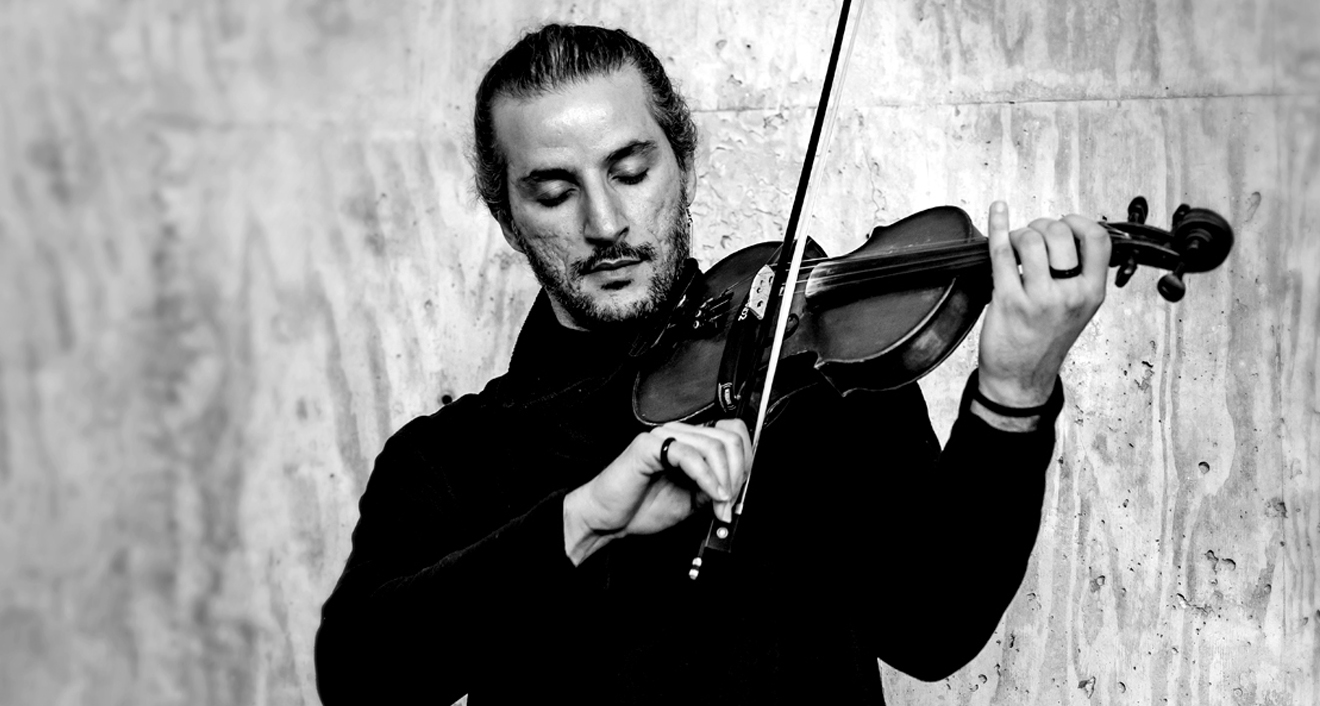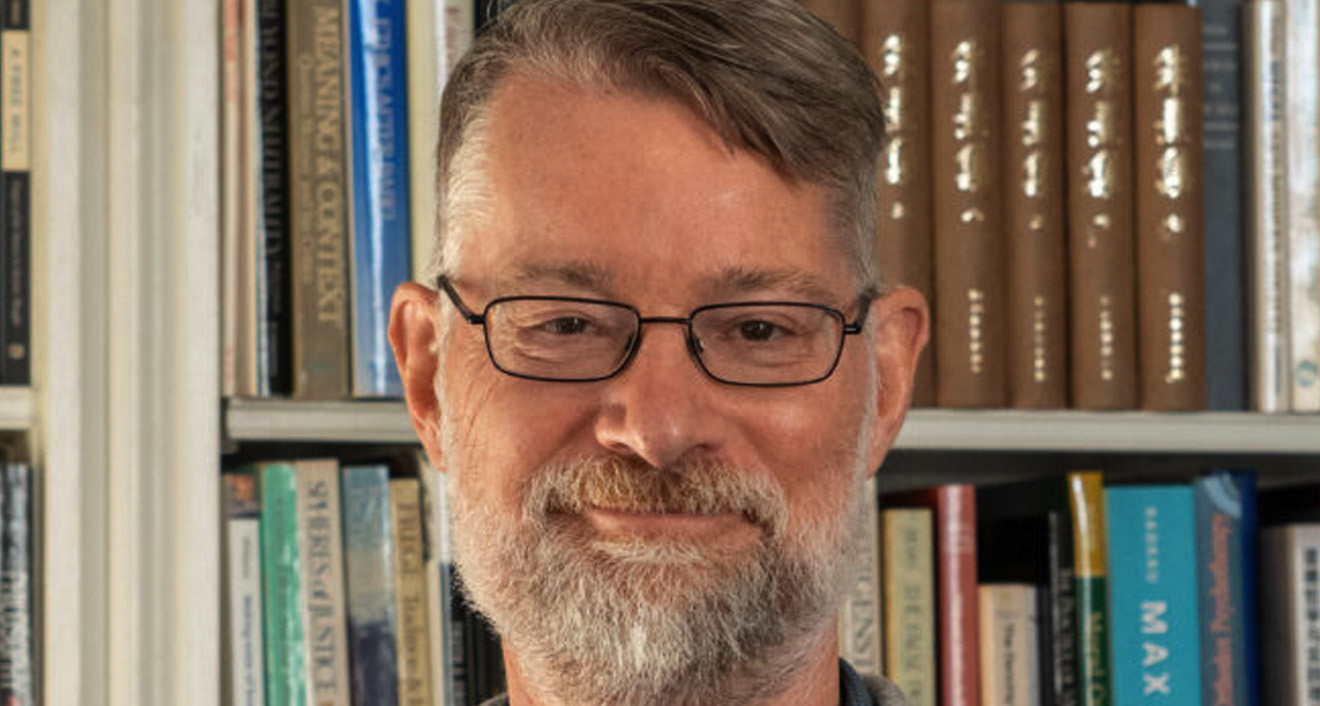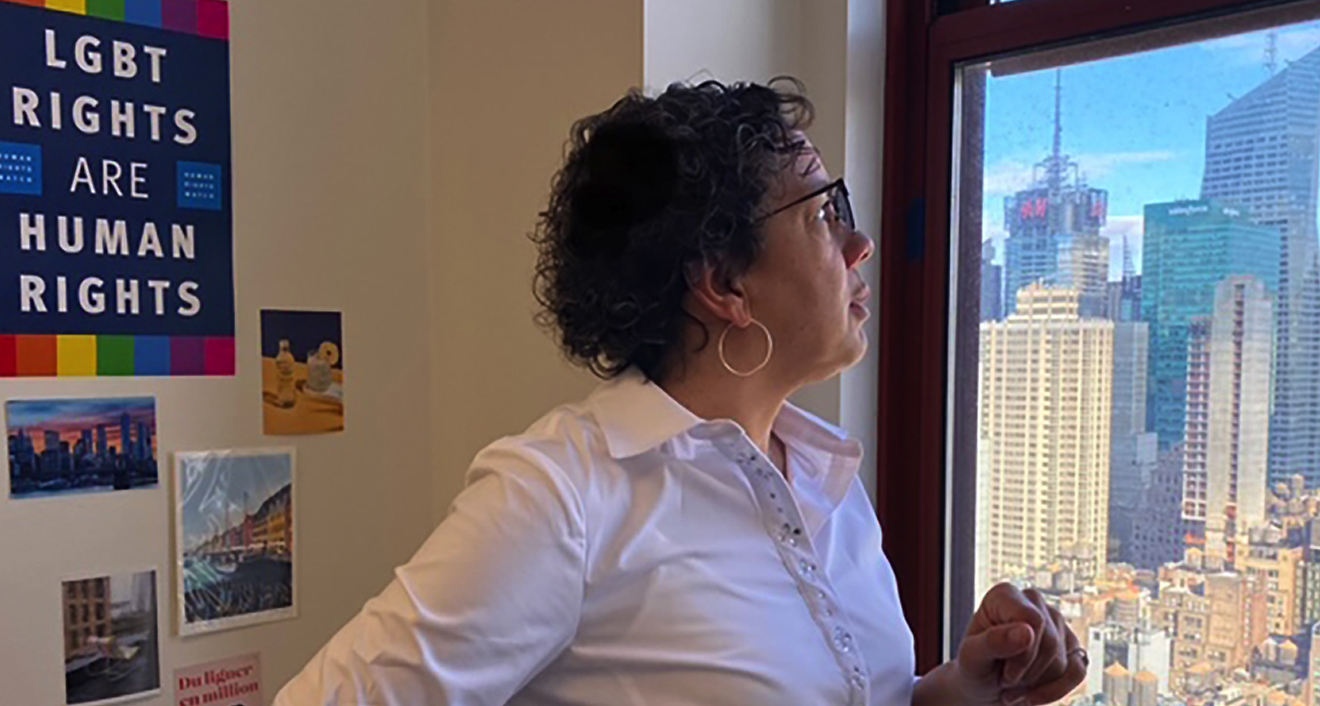Joe Fins '82, Hon. ’22
A distinguished physician, medical ethicist, author, academic, and Wesleyan’s 2024 Koeppel Visiting Professor of Letters, Dr. Joseph J. Fins ’82, Hon. ’22 has spent a lifetime bridging the sciences and humanities. He’s also a passionate advocate for one of society’s most overlooked segments: people who’ve suffered life-changing brain injuries. Here, Fins—who wrote the book Rights Come to Mind: Brain Injury, Ethics, and the Struggle for Consciousness (Cambridge University Press, 2015)—details his contributions to groundbreaking research in the field and his efforts to speak up for these patients’ rights.
 One of the things not generally included when we talk about civil rights is disability rights. Historically, brain injury was associated with the right to die, and the right to die really grew out of cases of persons with severe brain injury. Karen Ann Quinlan, Nancy Cruzan, and Terri Schiavo were women who all had devastating injuries. In the Quinlan case in 1976, the judge said that the moral warrant for the right to die was the futility of her condition, the vegetative state. But we have come to appreciate that there were people who looked like they were vegetative who were not. These are individuals who may have had a better prognosis. We over-generalized the futility of the vegetative state to other patients with severe brain injury.
One of the things not generally included when we talk about civil rights is disability rights. Historically, brain injury was associated with the right to die, and the right to die really grew out of cases of persons with severe brain injury. Karen Ann Quinlan, Nancy Cruzan, and Terri Schiavo were women who all had devastating injuries. In the Quinlan case in 1976, the judge said that the moral warrant for the right to die was the futility of her condition, the vegetative state. But we have come to appreciate that there were people who looked like they were vegetative who were not. These are individuals who may have had a better prognosis. We over-generalized the futility of the vegetative state to other patients with severe brain injury.
I basically saw the rights of this population as a continuation of the civil rights movement; these people are marginalized. They’re people who are still living in a Plessy v. Ferguson world—their world is still segregated. If you have severe brain injury, you end up in a nursing home never to be seen again and not getting the care that you need . . . I saw this not just as a scientific problem, but also a normative problem, an ethical problem, a legal problem.
In August 2024, we published a paper in the New England Journal of Medicine—I was a middle author, the only ethics guy—where we showed cognitive motor dissociation in patients who appear unresponsive. It’s basically covert consciousness: somebody who appears to be in a coma or appears to be in the vegetative state, but in fact has consciousness. We knew about cognitive motor dissociation for a decade, maybe even longer, but it was just a few of us in the field. Then we did a large multi-center study in Europe, Canada, United States, and we had bigger numbers. Now, it’s not a niche issue. I would call it a public health crisis.
We know patients have consciousness when we speak to them and ask them to do a task and we see the area of the brain that’s associated with imagining that task light up on functional magnetic imaging or produce a signal on an EEG [electroencephalogram]. We take this volitional response as a proxy for consciousness. A lot of philosophers would dispute that—that’s not my game. I love philosophy, I studied philosophy in the College of Letters, but I’m a practical philosopher. I’m a pragmatist.
Once we know they’re not vegetative, they have a better prognosis for recovery. They’re going to be more amenable to therapeutics. . . . We’ve moved away from the broad sweep of futility to this notion of utility: Maybe there’s something we can do.
We published our first paper on deep brain stimulation (DBS) in the minimally conscious state in Nature in 2007. Once we proved that it was potentially effective, we moved on to a population where the benefits could outweigh the potential burdens. In 2023 we published that paper on people with moderate-to-severe brain injury in Nature Medicine. We had six patients in the study—one got disenrolled, but of the five remaining, all of them had a 10 percent increase in the marker we set for their executive function and processing speed. In tandem with that—this is the College of Letters part of me—using narrative methods, I interviewed the participants in the study and their family members before and after the intervention: Why did you sign up and how was the consent process? Are you the same person, are you changed? How did it help you, what was your experience? Although many fear that technology will rob you of personal identity, in this study at least, DBS restored personal identity taken away by brain injury. It was restorative.
All social change is slow. One of the things that distinguishes this field is that the families, the natural advocates for these folks, are tethered to their loved ones. This keeps them from being more politically active. That leaves the burden on us—the providers—to bear witness and serve as advocates.




